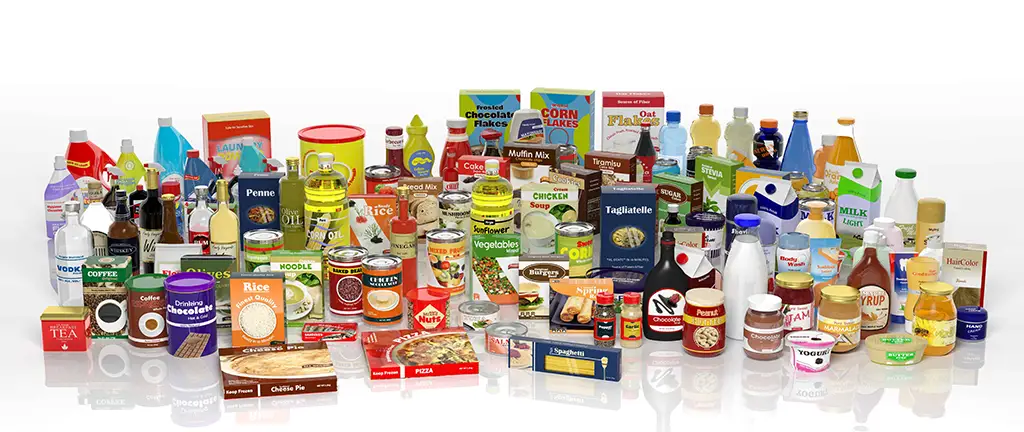
In the realm of material science and engineering, the terms 'durable' and 'hard' are often used interchangeably. However, the question that arises is, Does durable mean hard? This article aims to delve into the nuances of these terms and provide a comprehensive understanding of their implications in various industries.
The term 'durable' is derived from the Latin word 'durabilis', meaning 'able to endure'. In the context of materials, durability refers to the ability of a material to resist wear, pressure, or damage, thereby ensuring its longevity. It is a measure of how well a material can retain its original characteristics under adverse conditions over time.
On the other hand, 'hardness' is a measure of a material's resistance to localized deformation. The harder a material, the more resistant it is to changes in shape, scratches, and cuts. It is quantified using various scales such as the Mohs scale, Rockwell scale, or Brinell scale.
While there is a correlation between hardness and durability, they are not synonymous. A material can be hard but not durable. For instance, glass is hard because it resists scratches and maintains its shape under pressure, but it is not durable because it is prone to shattering upon impact. Conversely, rubber is not hard, but it is durable due to its ability to withstand wear and tear over time.
The distinction between hardness and durability becomes crucial in industries such as construction, manufacturing, and product design. For example, in construction, concrete is preferred for its durability despite not being the hardest material. In contrast, in the manufacturing of cutting tools, hardness is a more critical factor than durability.
Understanding the difference between hardness and durability also has significant implications in the field of sustainability. Durable materials reduce the need for frequent replacements, thereby conserving resources and reducing waste. However, the production of hard materials often requires high energy inputs, contributing to environmental degradation.
In conclusion, while durability and hardness are related, they represent different material properties. The choice between hardness and durability depends on the specific requirements of the application. Therefore, the question, Does durable mean hard? can be answered as, Not necessarily. It is the nuanced understanding of these terms that allows industries to make informed decisions, leading to efficient and sustainable practices.

